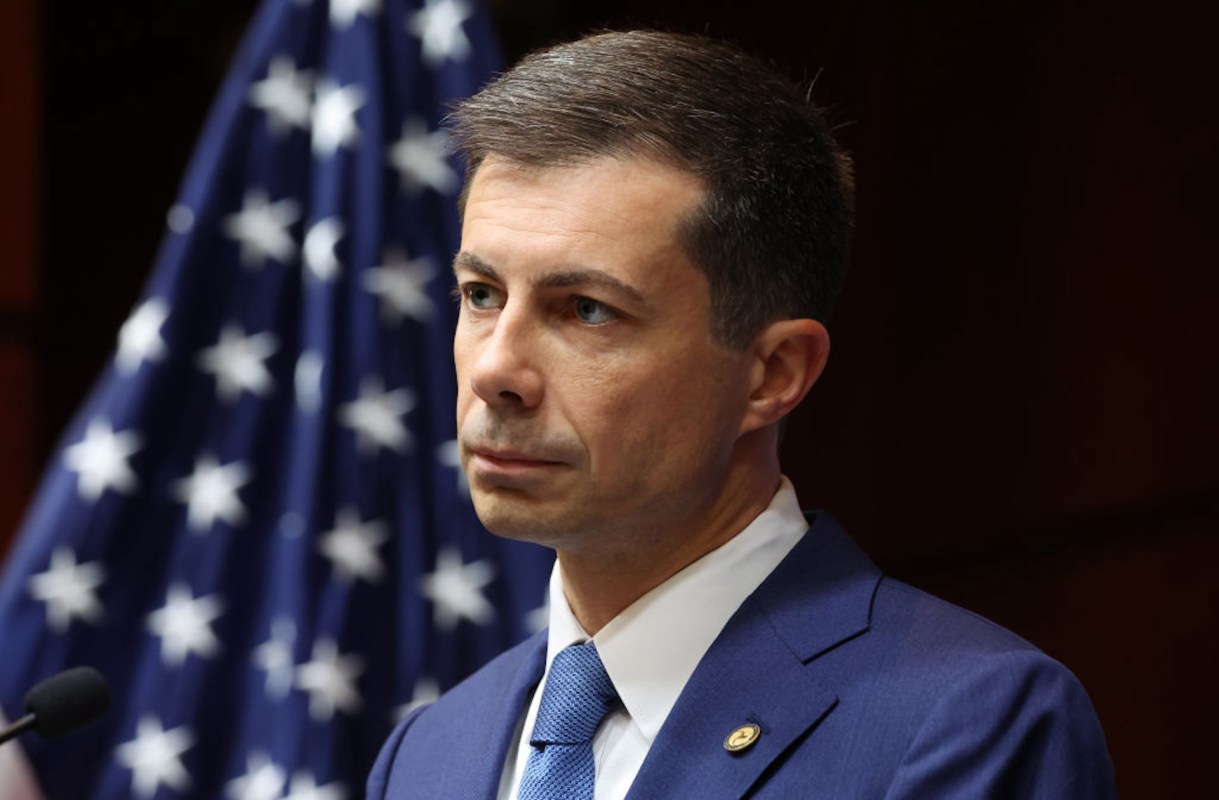In a challenging declaration that he shared on X, formerly known as Twitter, U.S. Secretary of Transportation Pete Buttigieg painted a picture of a future in which the country experiences zero traffic deaths — based on the incredible successes of four existing U.S. cities that have already started on the path to a safer and more eco-friendly transportation system.
Road traffic deaths number over 40,000 each year in the U.S., with over 46,000 in 2022, according to Statista. Accidents in general are the fourth leading cause of death, and car accidents are one of the main reasons why.
For most of the U.S., the risk of death or severe injury during a car crash is simply a fact of life — one of the inevitable risks of getting behind the wheel or hopping into the passenger seat.
But according to Buttigieg, that isn't the case in certain parts of the U.S., as he captioned his post: "[It] may sound impossible, but some sizable U.S. cities have repeatedly achieved it."
"Protected bike and bus lanes are not a frill on a project, they're a life saving measure" https://t.co/IPTDFMi5Xn
— Michael Schneider (@schneider) November 19, 2023
"Jersey City last year, second largest city in America's most densely populated state, saw zero traffic deaths on its roads," he says in the video. "Not far from there, Hoboken had their fourth straight year of zero traffic deaths. And this isn't just something in densely populated East Coast cities. Cities like Evanston, Illinois, and Edina, Minnesota, have gone multiple years without a single traffic death."
To achieve this, these cities have reformed their traffic systems in several ways. Buttigieg points out their "proven solutions," including safer speed limits, curb extensions, high-visibility crosswalks, and more frequent traffic signals.
He also highlights the addition of infrastructure that's geared toward eco-friendly transportation, which isn't just better for the planet, it's also safer for people. "Protected bike lanes and bus lanes: They're not a frill on a transportation project; they're a life-saving measure," he asserts.
Reducing the number of cars on the road while providing more support for cyclists could reduce deaths, which is one reason Colorado is considering a "vulnerable road user protection fee."
According to Buttigieg, these cities have a clear message for the rest of the country: Traffic deaths are not inevitable. "We need to learn from success stories," he says.
Some areas might even benefit from designating walkable, car-free zones like Brussels, Belgium, did.
Join our free newsletter for weekly updates on the coolest innovations improving our lives and saving our planet.









